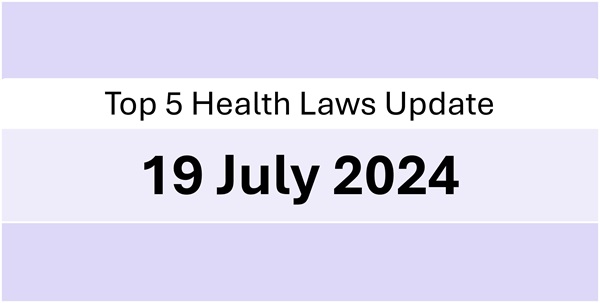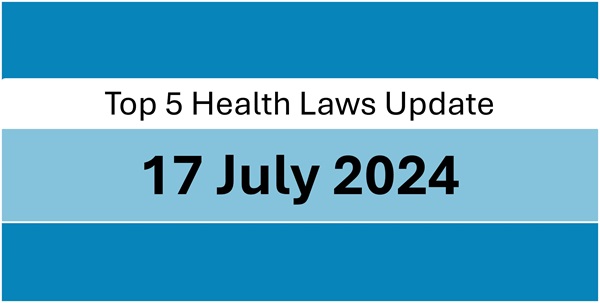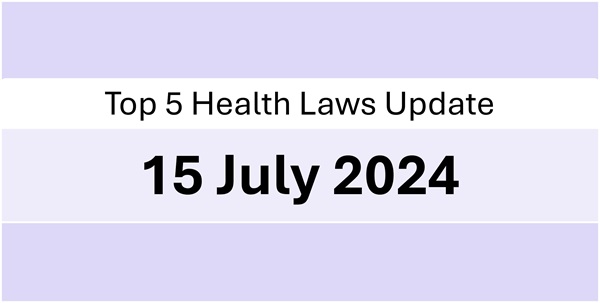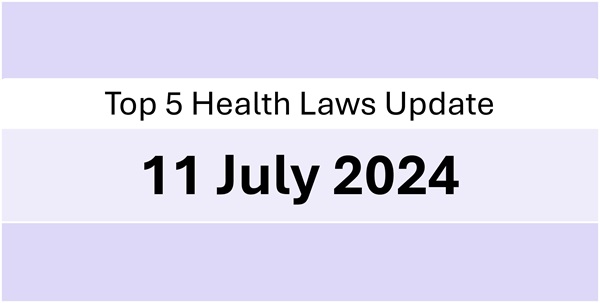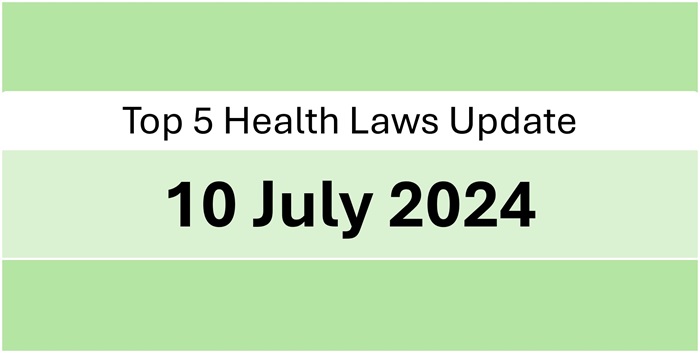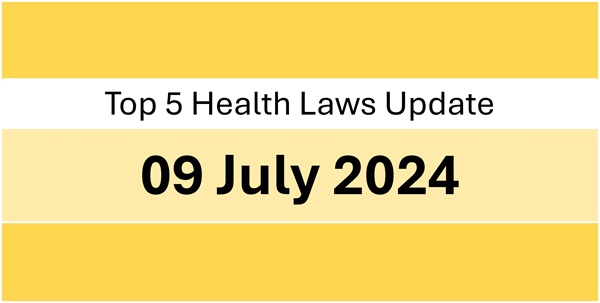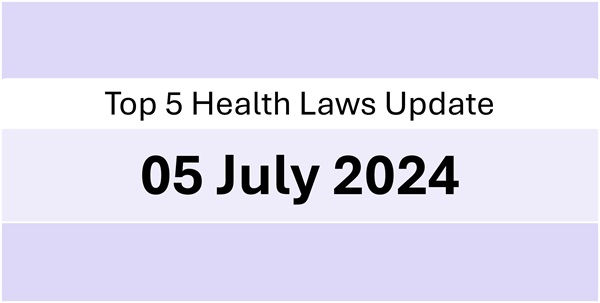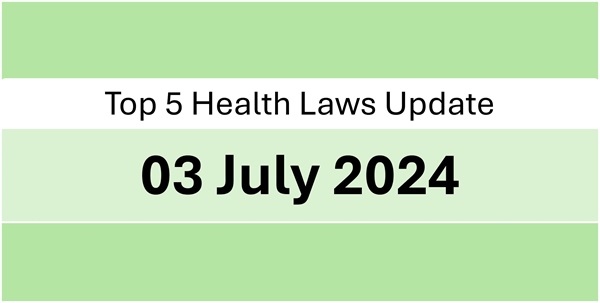1. India’s Central Food Regulator the Food Safety Standards Authority, has introduced registration process for direct sellers to differentiate from Retailers, and make it easier to preserve exemption granted from regulation to direct sellers.
Source: bit.ly/4feuedl
2. The Kerala High Court in following with a recent decision of the Punjab High Court has held that the newly enforced Criminal Procedure (The Bharatiya Nagrik Suraksha Sanhita, 2024) will apply to all criminal appeals filed on or after 1st July 2024, the day of enforcement of the new law. The court held that while the substantial right to appeal is preserved under the repealed statute, the procedural right will transfer over as per Sec. 531 of the new Code.
Source: bit.ly/4bQpMi4
3. Exports of Drugs and Pharmaceuticals have reportedly increased by 9.5% in the first quarter of FY 2024-25 year-on-year.
Source: bit.ly/4d3x3Nb
4. In response to recent reports that India has the 2nd highest number of unvaccinated children, the Indian government has clarified in a press release that, this statistic is misleading as such children only constitute a minute 0.11% of the nation’s population of children.
Source: bit.ly/3zQzFPw
5. The United States Food and Drug Administration has published Guidance for Human radiolabeled mass balanced studies, prescribing the information that sponsors need to submit, most notably now requiring a minimum of 6 participants for such studies as against the accepted variance between 4-6 participants.
Source: bit.ly/3y2UEy8

